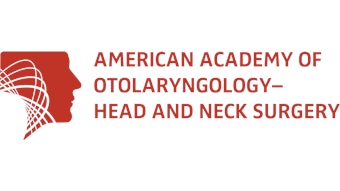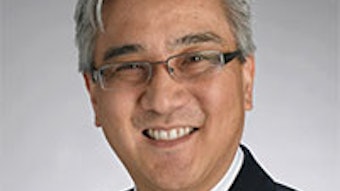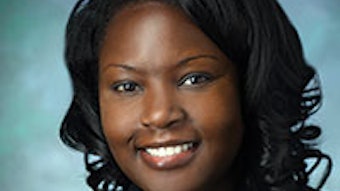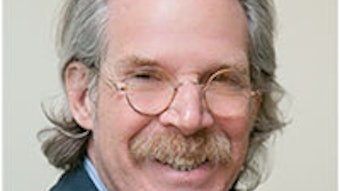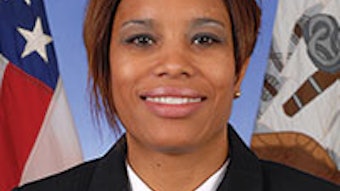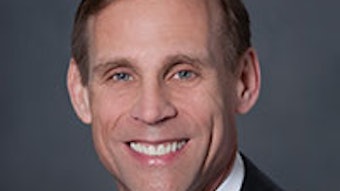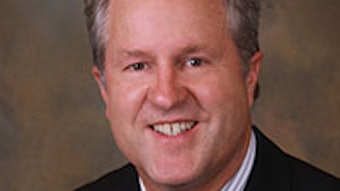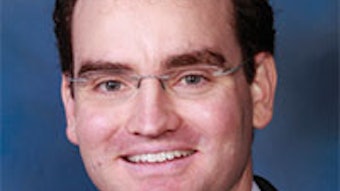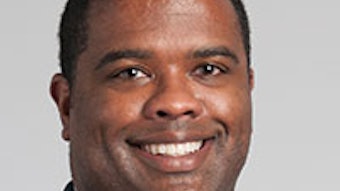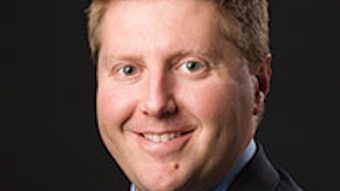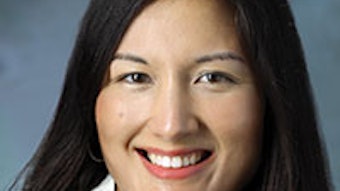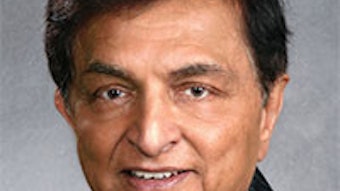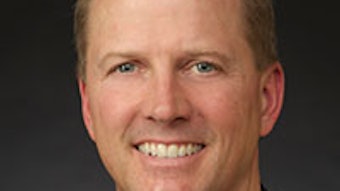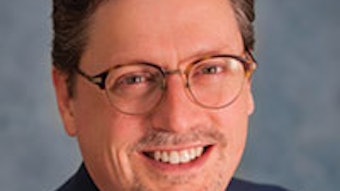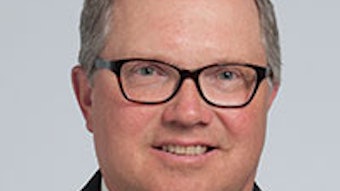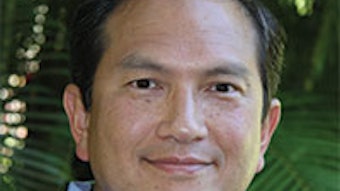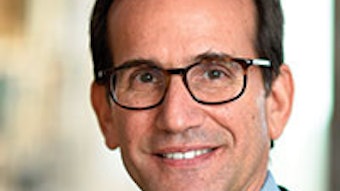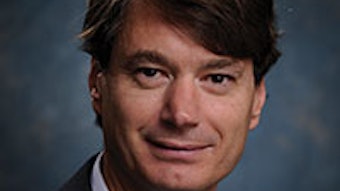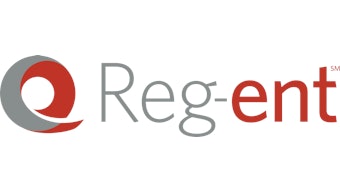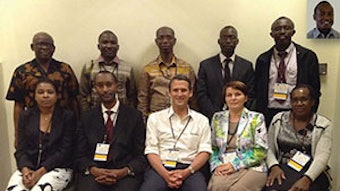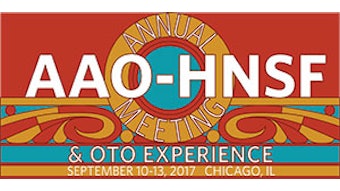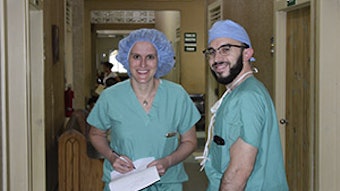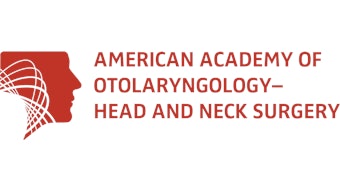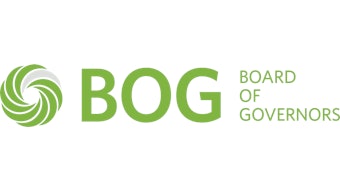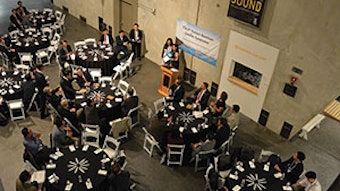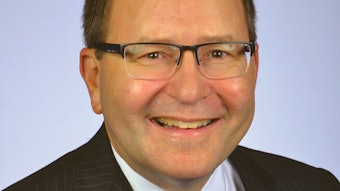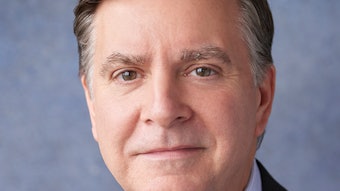Candidate Statements | President-Elect | Albert L. Merati, MD
As your colleague and partner, I believe what you believe—that otolaryngology-head and neck surgery is a special field; that we all have the knowledge and training to help others; and that we should live a meaningful life as part of the communities we serve.
Q: In keeping with our vision statement “Empowering otolaryngologist-head and neck surgeons to deliver the best patient care,” how would you engage the membership and our leaders in raising their consciousness in respect to the effect of cultural competence on improved patient outcomes? How do you see us strengthening our partnerships with industry without usurping our integrity?
Albert L. Merati, MD
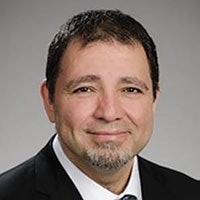
The AAO-HNS should help maintain the high standards we set for ourselves in two important ways. Firstly, AAO-HNS will improve knowledge through discovery and education regarding the impact of cultural competence on patient outcomes in increasingly diverse populations. The otolaryngology-specific information from AAO-HNS efforts should be credible and evidenced-based; we can absolutely improve in this way, and I support this approach. Secondly, the AAO-HNS can continue to play a more significant role in our day-to-day practice. With effective, determined advocacy and leadership, the AAO-HNS must protect and preserve our members’ freedom and capacity to practice ideal medicine. When a responsible and committed physician is empowered instead of ensnared, both the patients and physicians fare better. In the long run, we can’t expect to provide culturally competent or really any sort of competent care if we can’t be the best doctors we know how to be.
Part of navigating this successful future for the AAO-HNS will be a clear-eyed understanding of industry relationships and what we want from each other: improved patient care and outcomes, innovation, the development of quality products, content exchange, and access in support of education. As president, I would energize relations with companies that recognize all aspects of our mission including education and discovery. Partners will follow our standards of ethical behavior for advertising, research, and publication. With a vibrant and thriving AAO-HNS, we can set the terms and tones of industry relations and be less susceptible as individuals and organizations to conflicts of interest, perceived or otherwise.
AAO-HNS leadership should listen to the voice of the membership and focus the Strategic Plan on the needs most related to daily practice. Personally, I am as close to training as I am to retirement; I have heard the hopes and concerns of a thousand otolaryngologists in forming these thoughts. As president, I would dedicate my term to make sure that every otolaryngologist feels like they have a home in the AAO-HNS.
